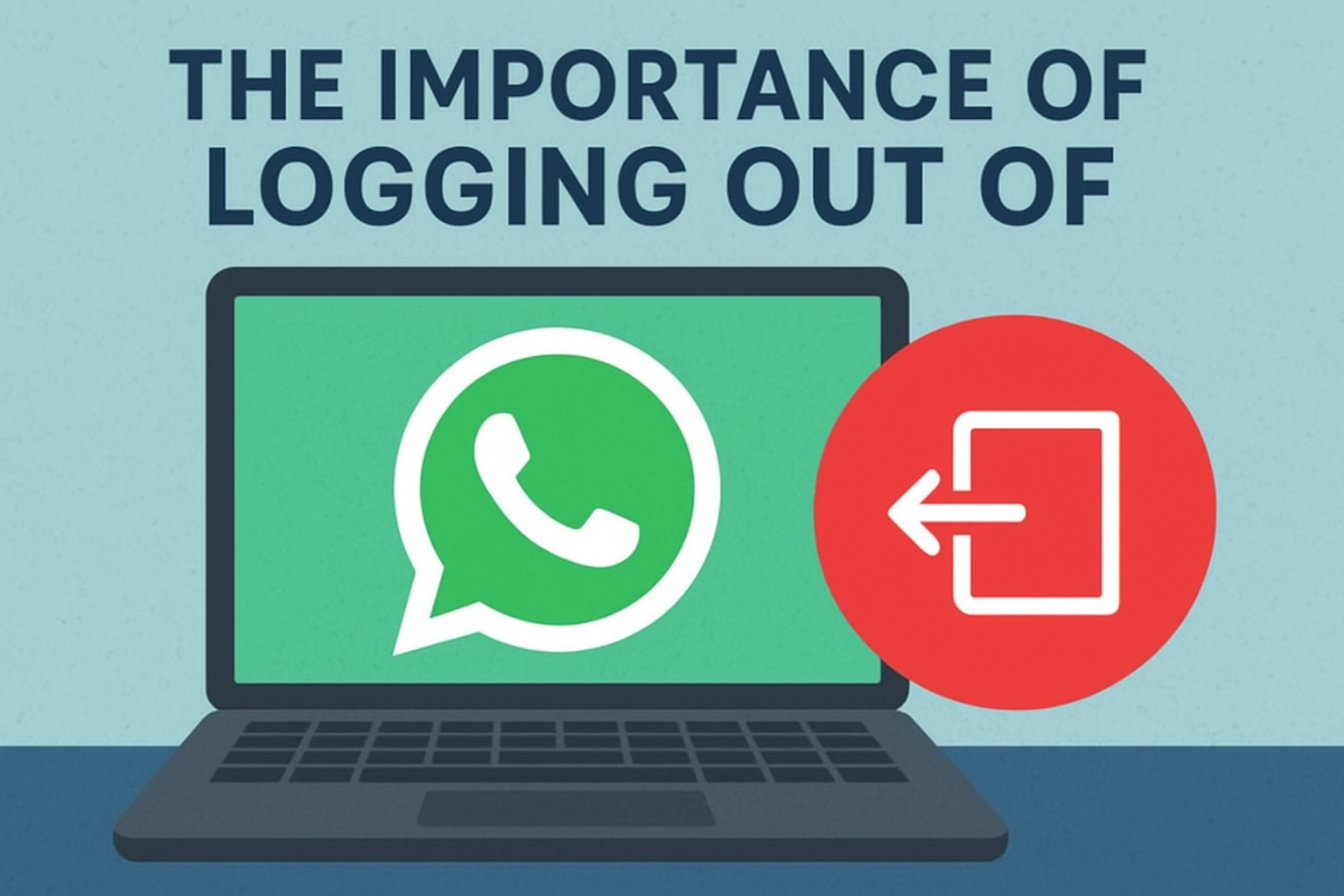Best CRM for Charities Empowering Nusaker
Charities today face a dual challenge: maximizing donor relationships while maintaining efficiency. For organizations like Nusaker, which aim to empower communities through charitable initiatives, the right CRM (Customer Relationship Management) system can make the difference between struggling with fragmented data and thriving with sustainable impact.
In this guide, we’ll explore what makes the best CRM for charities empowering Nusaker, how it benefits nonprofits, key challenges in adoption, and actionable strategies for implementation.
What Is a CRM for Charities?
A CRM for charities is not just a database of contacts. It’s a platform that centralizes donor details, volunteer records, fundraising campaigns, and engagement histories into one accessible system. Unlike traditional CRMs designed for sales-driven businesses, charity-focused CRMs are built around community building, donor trust, and social impact measurement.
For Nusaker’s mission of empowerment, this means more than tracking names and donations—it’s about cultivating long-term relationships with donors, volunteers, and beneficiaries.
Why Nusaker and Similar Charities Need CRM Solutions
Charities like Nusaker often operate with limited resources, yet they must deliver transparency and measurable results. A CRM addresses these needs in several ways:
- Donor Retention – Personalized communications strengthen trust.
- Campaign Effectiveness – Track which fundraising strategies generate the highest impact.
- Volunteer Management – Organize schedules, track hours, and measure contributions.
- Impact Reporting – Provide real-time insights into how funds and efforts are used.
When properly implemented, CRM becomes more than software; it’s a tool for empowerment, aligning perfectly with Nusaker’s mission.
Core Features of the Best CRM for Charities
To empower organizations like Nusaker, the best CRM must include features tailored for nonprofit growth and accountability:
1. Donor Management
- Centralized donor database with history of contributions.
- Automated thank-you emails and impact updates.
2. Campaign Tracking
- Ability to measure online and offline campaign performance.
- Integration with donation platforms and payment gateways.
3. Volunteer Coordination
- Event scheduling and volunteer assignment.
- Tools for recognizing and rewarding contributions.
4. Reporting & Analytics
- Impact dashboards for transparency with donors.
- Export-ready reports for grant applications.
5. Scalability & Customization
- Flexible enough to grow with the charity.
- Adaptable to Nusaker’s evolving projects.
Real-World Benefits for Nusaker
Based on experiences from nonprofits of similar scale, here are practical advantages Nusaker would gain from the right CRM:
- Increased Donor Engagement – Personalized messages and automated impact stories create stronger bonds.
- Reduced Administrative Burden – Automating repetitive tasks like receipts frees staff to focus on outreach.
- Better Transparency – Donors can see exactly how their contributions are making a difference.
- Data-Driven Decisions – Leaders can make informed choices using dashboards and reports.
For instance, a mid-sized charity that adopted a CRM reported a 25% increase in recurring donations within one year, simply by using automated donor engagement workflows. Nusaker can expect similar results when leveraging technology strategically.
Key Challenges in CRM Adoption for Charities
While the benefits are clear, charities also face obstacles when choosing and implementing a CRM:
- Budget Limitations – Many CRMs are priced for corporations, not nonprofits.
- Training Needs – Staff and volunteers may require time to adapt.
- Data Migration – Moving historical donor data into a new system can be complex.
- Over-Complexity – Some systems overwhelm smaller charities with unnecessary features.
To overcome these, Nusaker should prioritize CRMs that offer nonprofit discounts, dedicated training, and modular designs that scale only as needed.
Actionable Steps to Select the Best CRM
For a charity like Nusaker, here’s a step-by-step approach to finding and implementing the best CRM:
- Define Goals Clearly
- Is the focus on donor retention, fundraising growth, or volunteer engagement?
- Evaluate Nonprofit-Specific CRMs
- Options like Salesforce Nonprofit Cloud, Bloomerang, and DonorPerfect are widely trusted.
- Consider Integration
- Ensure the CRM can connect with existing tools (email, website, payment processors).
- Trial and Feedback
- Run a pilot program with a small donor or volunteer group.
- Budget Planning
- Factor in not just subscription costs but training and support.
- Prioritize Support and Security
- Choose vendors with proven track records in nonprofit data protection.
By following these steps, Nusaker can avoid wasted investment and maximize social impact.
How CRM Empowers Long-Term Sustainability
A charity’s impact is not measured only by funds raised but by the continuity of its mission. The best CRM empowers Nusaker to:
- Build lasting donor loyalty.
- Enhance visibility with transparent reporting.
- Create scalable systems for future growth.
This sustainability is critical as Nusaker looks to expand empowerment initiatives in underserved communities.
FAQs on Best CRM for Charities Empowering Nusaker
Q1: Why can’t charities just use Excel instead of a CRM?
Excel works for small datasets, but CRMs offer automation, scalability, and relationship-building tools that Excel lacks.
Q2: What CRM features are most important for Nusaker?
Donor management, reporting dashboards, volunteer scheduling, and campaign tracking are top priorities.
Q3: Are CRMs too expensive for charities?
Many providers offer nonprofit discounts. Some even provide free entry-level plans for smaller organizations.
Q4: How long does it take to implement a CRM?
Depending on data migration and training, implementation may take 2–6 months.
Q5: Is donor data safe in a CRM?
Yes—reputable providers use encryption and comply with global data security standards. (See Harvard’s nonprofit technology insights.)
Conclusion
Choosing the best CRM for charities empowering Nusaker is not about software alone—it’s about aligning technology with mission-driven goals. By adopting the right CRM, Nusaker can streamline donor management, improve transparency, and foster sustainable growth while staying true to its empowerment vision.







